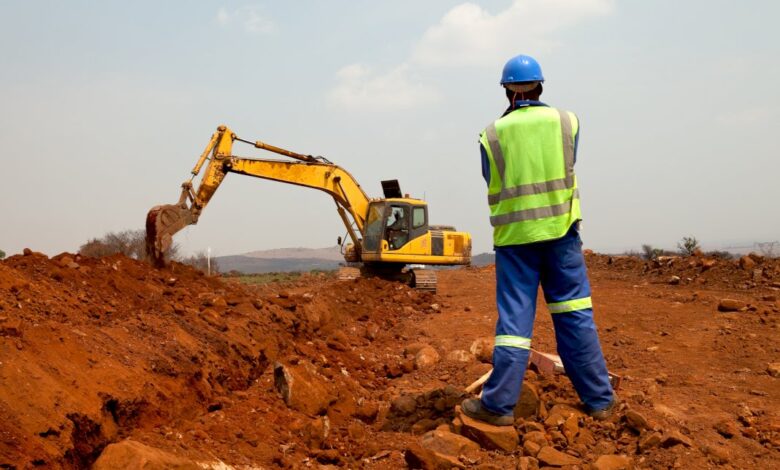What You Need to Know When Building a Commercial Property in a Rural Area

Commercial properties are often built in rural areas, where the land is available, and the prices are more affordable. This can be an excellent option for businesses that want to expand their operations or build a new facility. However, there are some things to remember when building a commercial property in a rural area. Because these areas are often remotely located, it can be challenging to process the project.
Here are some tips to keep in mind when building a commercial property in a rural area.
1. Be prepared for delays in the approval process.
Getting the necessary permits and approvals can take longer in a rural area. The local government may not be as accustomed to processing requests for commercial development. Because of this, it’s essential to factor in additional time for the approval process.
Some businesses may bypass the approval process by starting construction without the necessary permits. This is a risky move that could result in fines or stop construction.
In addition, there may be zoning regulations that limit the type of business that you can operate in a particular area. Be sure to research the zoning regulations before starting the construction process. Some companies may need a permit to operate in a rural area.
2. Make sure you have the necessary infrastructure.
In a rural area, the infrastructure may not be able to support commercial development. The cost of extending utilities to a rural property can be expensive. For example, the water and sewer lines may not be able to handle the additional demand. Working with the local government to determine the project’s infrastructure needs is essential.
You may also need to build a road to access the property. This can be a costly and time-consuming process. Be sure to factor in the cost of constructing a road when budgeting, including the details necessary, like painting thermoplastic pavement markings and building turn lanes.
3. Hire a local contractor.
When possible, it’s always best to hire a local contractor. They will be familiar with the area and the building codes. In addition, they may have a network of suppliers and subcontractors that can help with the construction process. If you hire a contractor from out of town, visit the job site frequently to check on the project’s progress.
Some businesses may try to save money by doing the work themselves. However, this is not recommended unless you have experience in commercial construction. Building a commercial property is a complex process that requires the expertise of professionals.

4. Be aware of the weather conditions.
Rural areas can be subject to extreme weather conditions, impacting the construction process. For example, heavy rains can cause flooding and delay the construction schedule. Snow and ice can also make it difficult to access the job site. Be sure to factor in the potential weather conditions when planning the construction schedule.
Of course, you can’t control the weather, but you can be prepared for it. Make sure you have a contingency plan in case of extreme weather conditions. You may need to rent a storage container to store construction materials or bring in a generator to power the job site.
5. Budget for unexpected costs.
There are always unforeseen costs when building a commercial property. These costs can include environmental cleanup, permits, and inspections. Be sure to budget for these unexpected costs when planning the development of your rural property.
It’s also essential to have a realistic timeline for the construction project. Commercial construction projects often take longer than expected. Be sure to factor in additional time for unexpected delays. Some developers allow for a contingency fund to cover these unexpected costs.
6. Consider the impact on the environment.
Because rural areas are typically undeveloped, environmental concerns may need to be considered. For example, you may need a permit if the project impacts the local wildlife. In addition, the construction process can affect the local ecosystem. Be sure to work with the local government to obtain the necessary permits and approvals.
It would be best if you also considered the long-term impact of the development. Will the property need to be maintained? How will the construction impact the local water supply? You must consider these essential questions before beginning the construction process. Always err on caution to avoid negative impacts on the environment.
Building a commercial property in a rural area can be a challenge, but it’s not impossible. Be sure to factor in the unique challenges of rural construction when planning the development of your property. You can successfully develop a commercial property in a rural area with careful planning and execution.
For more valuable information visit this website.






